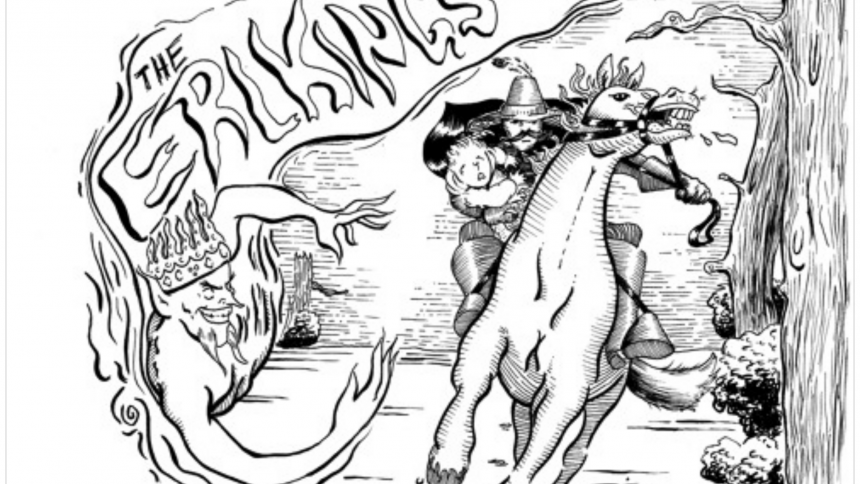and a desperate parent. Erlkönig by Schubert and the Erlkings.
Who rides through the night so late in the wild
It is a father with his only child
He holds him tight
He holds him warmO father can you see
The Erlking is near
The evil Erlking with eyes burning redO father, O father can you not hear
The Erlking whispering into my earMy father, my father can you not see
The Erlking’s daughters are waiting for meO father O father he’s taking me away
The evil Erlking has made me his preyIn his arms … the boy … was dead
Commentary
One of Schubert’s most popular songs, powerful and emotional. Bryan Benner’s translation and performance make it clear to an English speaker where that emotion comes from.
Most commentaries on the work dwell on its symbolism, and the origin of the Erlkönig legend. But it is essentially, and heartbreakingly, a song about a dying child. His father is anxious, heading as fast as he can for home in the night, but denies his son’s concerns, won’t discuss his impending death, until very late. What a common, tragic, end-of-life tale.
Schubert lieder (songs), usually sung in the original German, are classic Old person’s classical music. The translations partially break the mystique round them: really these are folky tales. Some with power to move.
Further info
- Erlkings website; ‘the only band getting people to dance to Goethe’.
- Franz Schubert 1797-1828 (Wikipedia)
- The singer Bryan Benner is a classically trained baritone who, it has been suggested, might attract a younger audience to Schubert. Plausible? Next challenge would be his string quartets (e.g. the Quartettsatz on YouTube.)
- Erlkings playing Auf dem Wasser zu singen in a Vienna bar (YouTube). They do Erlkönig too, but with poor sound, and cheering at the end, which seems wrong.
Contributed by
Neil Turner
Rate this post

